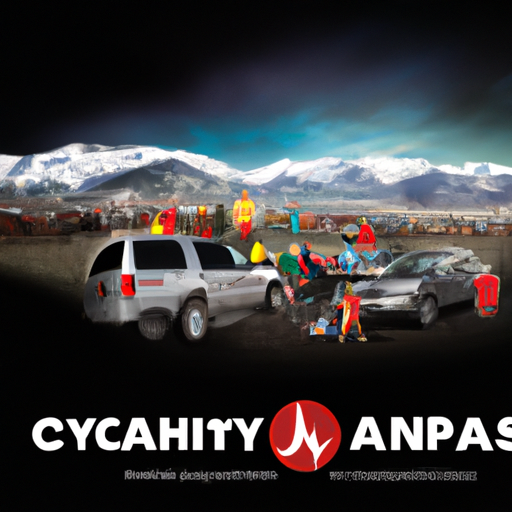The Escalation of Calgary’s Opioid Crisis: A Closer Look at Piikani Nation
With a growing death toll, ravaged families, soaring crime rates and swarming tent encampments full of homeless people, Calgary’s opioid crisis relentlessly marches onward, leaving a trail of desperation and defeat. Today, we dig a little deeper into this crisis, focusing on a particularly heartbreaking story from Piikani Nation.
Piikani Nation in Agony: A Human Face to the Opioid Crisis
As reported by CBC News, Lisa Red Young Man has had to contend with the loss of her three brothers, Martin, Cody and Jonny, to suspected overdoses within a span of five months. This tragic incident highlights the extremely devastating impact of the opioid crisis on the Indigenous community in Calgary.
The soaring drug overdose deaths within this community provide a stark illustration of the life-and-death stakes inherent in the efforts to mitigate this crisis. It serves as a reminder that behind the statistics and policy debates, there are real people, real families and real pain.
The Rippling Effect on Communities
In addition to the heartbreaking cost to human lives, Calgary’s opioid crisis has led to an increase in crime rates and homelessness – both symptoms of a system in crisis. The ongoing reality of homelessness associated with the opioid crisis is evident in the burgeoning tent encampments across the city. This is not just an issue affecting individuals but entire communities as public resources become increasingly strained.
Efforts to Combat the Opioid Crisis
Despite the grim outlook, actions are being taken on different fronts to combat the crisis – among them is the rollout of naloxone, a life-saving drug that reverses the effects of an opioid overdose. Indigenous organizations are making concerted efforts to distribute naloxone kits and provide training on their use.
In addition to this, the Canadian opioid abatement class action is a significant legal effort taking action against major opioid manufacturers and distributors, aiming to hold them accountable for their part in precipitating this crisis.
Key Points
- Calgary’s opioid crisis has claimed hundreds of lives, among them being five men from one family within the Piikani Nation.
- In addition to loss of life, the crisis has led to increased crime rates and escalating homelessness.
- Efforts to combat the crisis include the increased distribution and use of naloxone kits, and the Canadian opioid abatement class action against opioid manufacturers and distributors.
Final Thoughts: The Ongoing Battle
The opioid crisis in Calgary, and indeed wider Canada, remains a significant challenge that requires concerted and multi-faceted efforts to address. The story from Piikani Nation is a stark reminder of the urgent and very human cost of this crisis. Measures have been taken towards abatement, including naloxone kit distribution and legal action against those complicit in manufacturing and distributing opioids.
However, as families continue to grieve and communities contend with rising crime and homelessness, there is still much to be done. Progress towards a fuller resolution requires ongoing commitment from all levels of government, community organizations and individuals themselves.
As we continue to grapple with these issues, let’s remember to humanize this crisis, to see beyond the numbers, and to understand the real impact on people’s lives. For it is only through this lens that we might fully comprehend the magnitude of the problem, and thus be equipped to tackle it with the seriousness it deserves.
